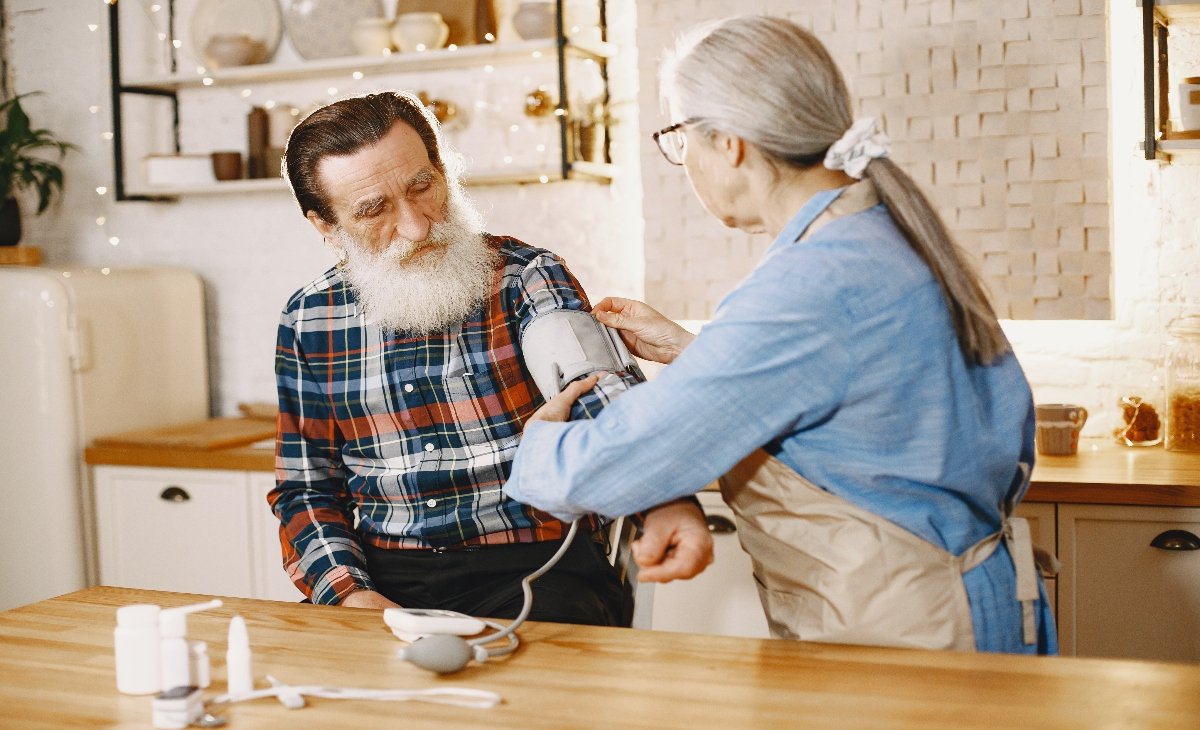As we get older, having a strong community becomes even more important especially for seniors’ health. Many older adults face loneliness and isolation, impacting both the body and mind. But here’s the good news: seniors who stay connected with others often enjoy better senior health and happiness than those who spend excessive time alone.
Building friendships and spending time with people can make a big difference. Let’s explore how these connections can boost well-being and bring more joy to life.
The Importance of Community Connections
Community connections are very important for seniors because they help with social interaction, which supports mental sharpness and emotional well-being. Taking part in community activities gives seniors a sense of belonging, which is essential for good mental health. For example, joining local clubs, exercise groups, or volunteering not only helps seniors meet others but also keeps their minds active.
In addition, living in places like independent or assisted living communities encourages more social interaction. These places often have shared spaces and planned events that help residents to meet and build friendships. These connections can greatly improve feelings of happiness and purpose, which are vital for keeping seniors healthy.
Loneliness: A Silent Health Threat
Loneliness is a common challenge for many older adults and can lead to serious health problems like depression, anxiety, and heart issues. Being isolated from others can take a big toll on both body and mind.
Connecting with a caring community can help fight loneliness. Seniors who stay active in social groups often feel happier and less depressed. Simple activities like joining a book club or participating in community gardening give chances to meet new people and build meaningful friendships that support emotional healing.
Role of Community Programs in Senior Health
Many community programs are created to help seniors improve their health and emotional well-being. These programs include things like exercise classes and arts workshops, all designed to encourage seniors to connect and take part. For example, senior centers often offer fitness classes made just for older adults, which help them stay active and make new friends.
Additionally, workshops focused on topics like grief support can provide the emotional tools necessary for recovery. Resources focusing on healing after loss for seniors allow individuals to express their feelings and connect with others navigating similar experiences. This type of support can be invaluable for fostering resilience amidst challenges.
Creating an Inclusive Community Environment
To help seniors thrive, communities should focus on being welcoming and easy to access. Encouraging seniors to take part in planning community activities can make them feel empowered and more involved. Also, making sure places are wheelchair-friendly and activities are easy to join helps include those with mobility challenges.
Community gardens, meal programs, and social events not only offer important services but also help seniors to make friends and feel connected. Working together on shared goals can improve relationships and mental health, which supports better overall health for seniors.
Empowering Seniors Through Community
Community is key to helping seniors stay healthy and recover emotionally. By creating chances for social connections, fighting loneliness, and offering special programs, we can greatly improve the senior health. Taking part in community activities and making new friends not only provide support but also build strength to face life’s challenges.
Is this article helpful? Keep reading our blog for more.

